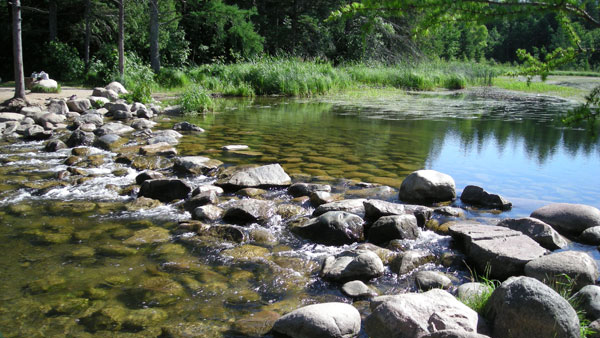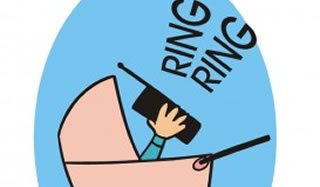My 81-year-old father often claimed he was 91. If you asked, What day is it, Dad? he would look befuddled and request multiple choice. He would call my sisters: “Come help me find my phone, hearing aids, teeth.” Although my father was taking the strongest drug for Alzheimer’s, he was not holding the line.
 I am concerned about memory preservation because of my father and his sister, a former beautician who was found wandering in her pajamas with wild hair. This is looking more and more like a family thing, which I think about every time a word slips away just as I am about to nail 4-Down in the crossword. Daily crosswords and sudokus are my line of defense.
I am concerned about memory preservation because of my father and his sister, a former beautician who was found wandering in her pajamas with wild hair. This is looking more and more like a family thing, which I think about every time a word slips away just as I am about to nail 4-Down in the crossword. Daily crosswords and sudokus are my line of defense.
I write memories everywhere, and my scrapbooking has taken on a whole new intensity. But recently, I have read that water has memory. This gives me hope. After all, 60 percent of the human body is water.
Independent scientists in Japan and Germany have conducted water experiments to figure out: Is water capable of storing information and retrieving it? Researchers at the Aerospace Institute of the University of Stuttgart maintain that each drop of water has a face of its own, like a snowflake, but can be changed by the memory of what it comes in contact with—such as a person’s finger or a flower.
In Japan, Dr. Masuru Emote has taped words, such as “peace,” “love,” and “I want to kill you,” on separate beakers of distilled water and left them over night. In the morning, Dr. Emote took samples from the beakers and compared them to the pure, distilled water crystals taken from each beaker prior to the experiment. They were different. In fact, the loving word samples created beautiful crystals, while the hateful word samples made ugly and fractured crystals. He has performed similar experiments with music and meditation. Each time the water was changed.
With this new information comes responsibility. I live in Minnesota, the land of 10,000 lakes. So I have been thinking that all this water around me is retaining memories of me as I swim or fall out of my canoe. When our family vacationed in Itasca State Park in northern Minnesota, we frolicked in the headwaters of the Mississippi River, where you can walk across the Big Muddy in but a few steps. We filled the river with happiness until I stubbed my toe, lost my balance, and dropped my shoe in the effing water.
The German researchers hypothesize that a river is picking up information from its source to its mouth. That means people in New Orleans are drinking memories of me hopping on one foot and cursing in Minnesota, not to mention the kid who decided to take a whiz while fishing in Missouri, and the street musician playing a tune on the Memphis waterfront.
Whether water has memory or not, I have decided to be more cautious of H2O in the future. I don’t want to be responsible for planting some horrible, murderous memory in the nearby lake. Note to self: do not rant while swimming.
Maybe these theories about water could lead to practical applications. Memories could become the eco-weapon of tomorrow. Imagine throwing a bunch of happy people in that scummy pond down the street. Clean-ups of ecological disasters could become a snap, if we could find enough people in a good mood.
But before I save the world, I should look closer to home. Maybe if my dad had drunk more water, he would have filled up with other people’s memories and not missed his own so much.






OH my goodness…I love this entry. Really something to consider…you are right, there is water everywhere where we live. Better think about being KIND to it!
Thanks, Sherry!
G
Yep, we leave our mark on the world, whether we want to or not. So we should leave the best mark we can.